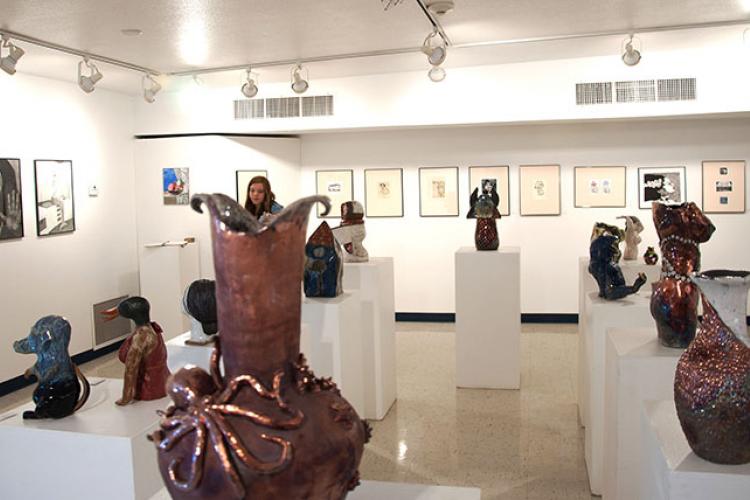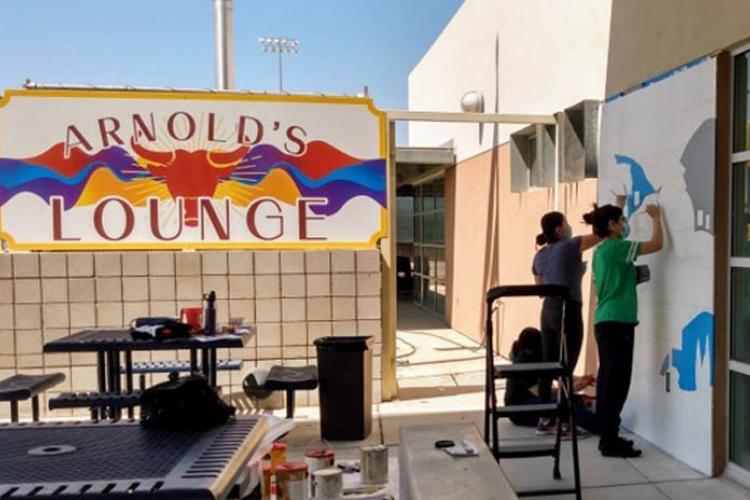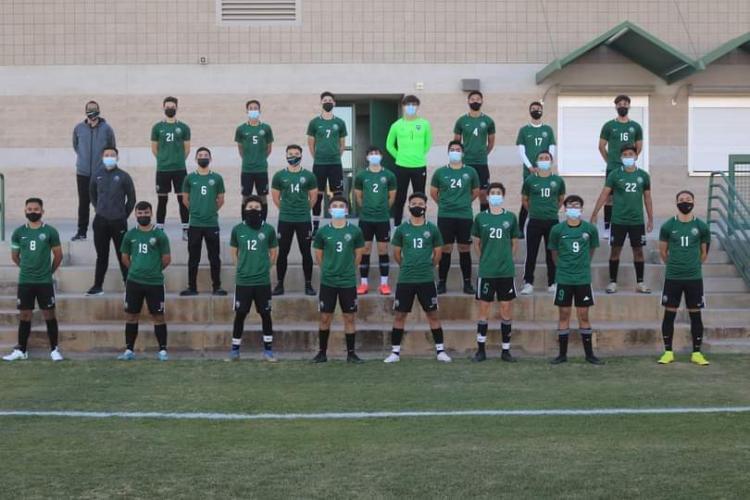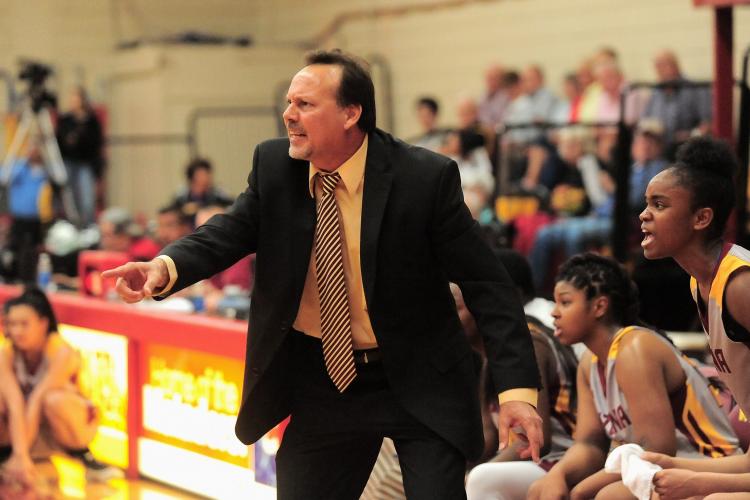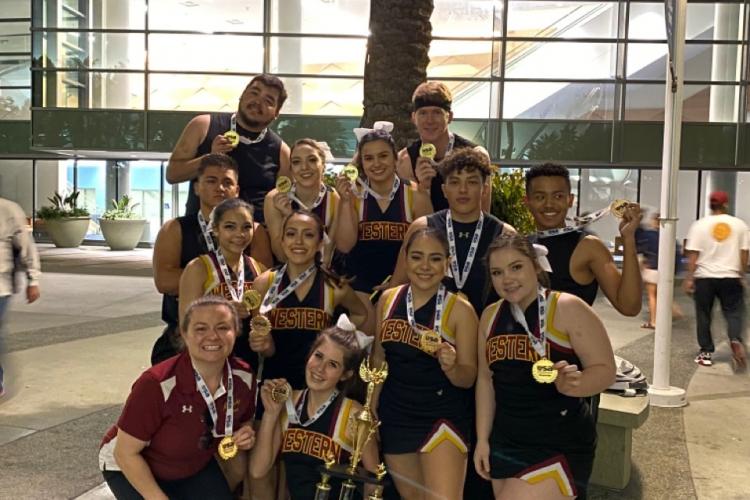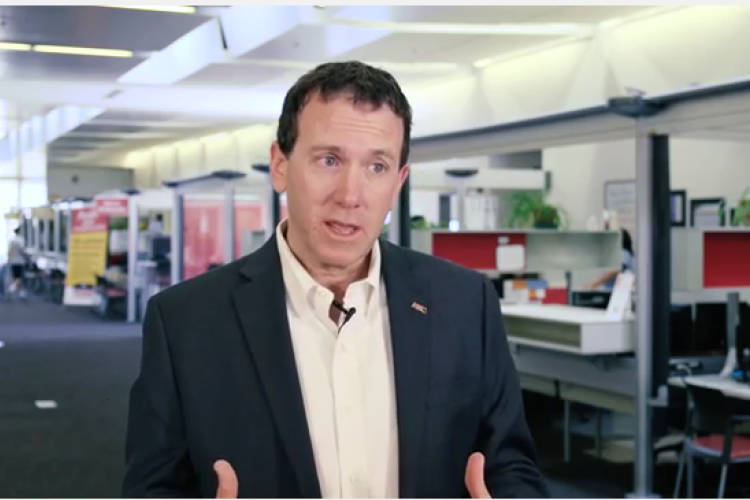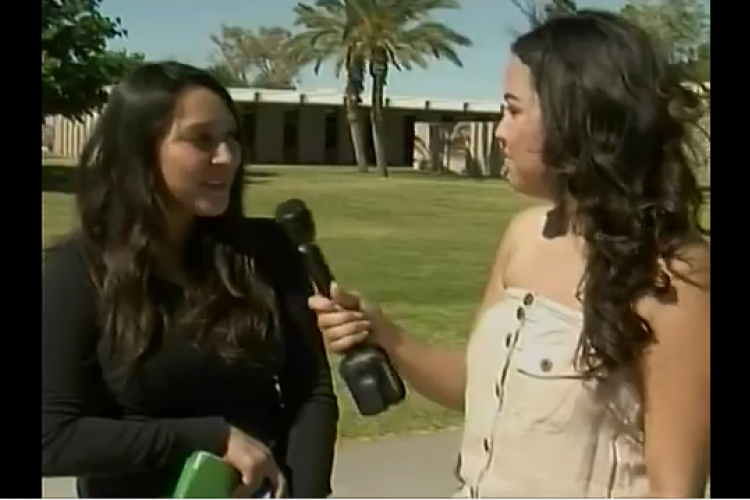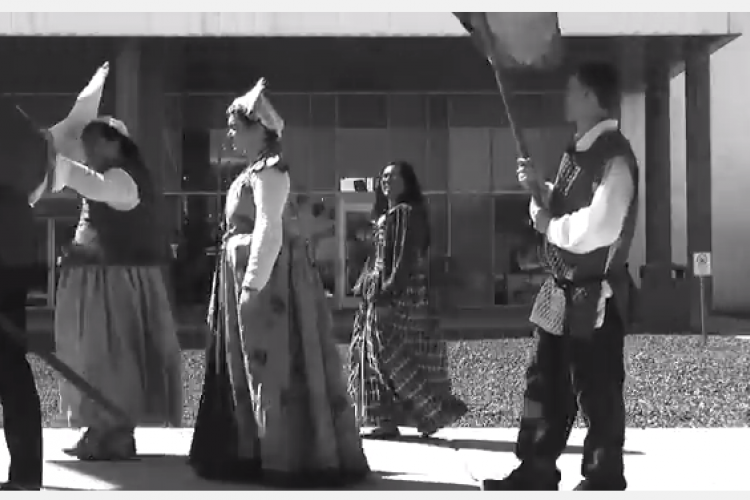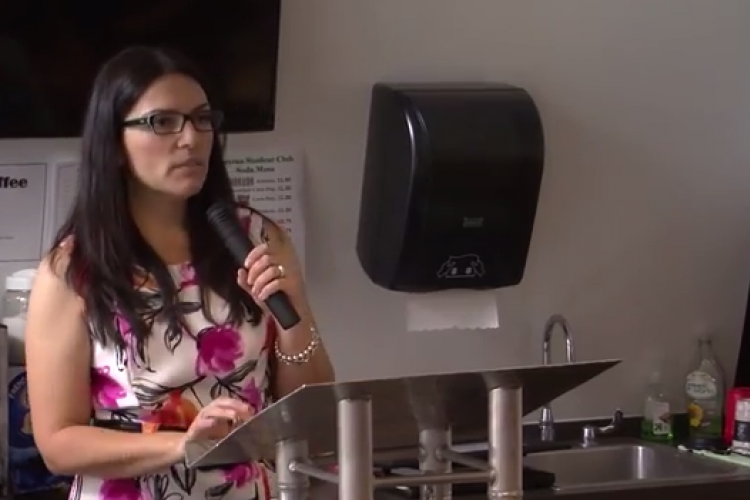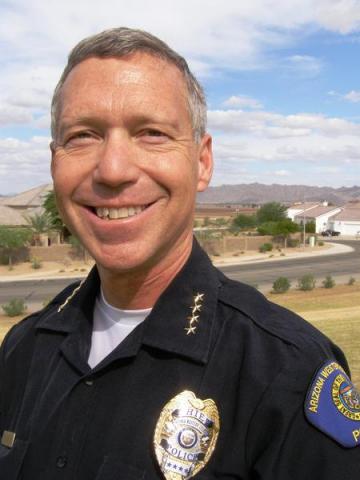
With the school shootings during the past few months, many college students are feeling uneasy. The college experience is completely different from that of K-12 grade school. Think about it: When was the last time you participated in a fire drill or a lock down? We might not think of things like this on a daily basis, but the actions we take in emergency situations could be difference between life and death.
Possible fires or strangers on campus have always been a concern, of course, but today's fears are far more real and relevant. Last Dec. 14, a gunman killed 20 students and 6 teachers at Sandy Hook Elementary School in Newtown, Conn. A month later, a student brought a shotgun into Taft Union High School in Taft, Calif., shooting a student and grazing his teacher.
On he college level, on Jan. 15, two people were shot dead in the parking lot at Hazard Community and Technical College in Eastern Kentucky. The same day, a part-time student at Stevens Institute of Business & Arts in St. Louis shot the school's financial aid director.
Lots of backup
How should you react if a gunman came onto AWC's campus?
Chief John Edmundson from the AWC Police Department has a few words to set your mind at ease. Because AWC is a spread-out campus, if a shooting occurred here, Police would likely have to secure only one affected area. And, because the surrounding School Resource Officers, the Yuma Police Department and the county Sheriff's Department have a mutual agreement to help each other for increased manpower.
All those agencies would immediately respond in case of any major emergency. In fact, once a month all the department heads meet together, including those from the Winterhaven and El Centro police departments. They constantly share information; they are all on a first-name basis and even call each other at home.
One week after the bombings at the Boston Marathon, Chief Edmundson attended a meeting with the FBI about shooters and their tendencies. The Chief is mainly concerned with five campus locations -- the 3C Building because of its financial function, the Eatery because of the number of students who gather there, the library because of incidents like Columbine, the Theatre because of incidents like the one in Northern Illinois, and the Child Development Lab because of family problems that can arise.
"We have no direct threats, but we do have the potential for them," says Edmondson.
A team effort
To prevent acts of violence such as school shootings, the AWC Police department makes sure to work closely with Campus Life. They meet every two weeks to discuss particular students as well as specific student behaviors they have heard about. Any student who has undergone a major personality change is referred to the Police Department, and an investigation follows.
Similarly, when the Police become aware of illegal activity that students are engaging in, they warn the students to stop while they're ahead.
"If I don't have to attach a booking number to you that will follow you for the rest of your life, then it is a win-win situation," says Chief Edmundson.
To make sure they stay prepared for emergency situations, AWC Police train over the summer and during Christmas break. In their response training, they pick a particular building on campus and go over tactics.
They now have an armored Humvee; and, in case there is a need for additional heavy-duty government vehicles, such vehicles are kept at the Yuma Proving Grounds or the Sheriff's Department.
"We will train with it [the Humvee] and hope we never have to use it," says Edmundson.
Safety first
Besides the ongoing training and orientation, the Police Department is in the process of improving safety procedures.
"With approximately 6,000 strangers coming onto our campus every day, we definitely have the potential for a threat, simply because we are an institution of people," Edmundson adds.
But as far as having the staff and faculty armed, he is strongly against it: "No more guns on campus; no arming staff or faculty. In case of an emergency, how do you know a helper from an offender?"
If there were ever to be an emergency such as a shooter, one should run from it not to it.
"We hire good people, and we keep our training fresh to ensure that we can answer to any situation properly," says Edmundson.
In accordance with their goal of a safe working, learning and living environment for faculty, staff and students, the AWC Police provide several tools to help ensure that safety. One tool is the 15 emergency call boxes around campus, which automatically connect to the Police Department. Incidents can also be reported anonymously via the T.I.P.S. line (x-49500), and confidential reports can be emailed at campus.police@azwestern.edu.
Learning is serious business, and safety is one extra thing we shouldn't have to worry about on campus.
Photo by Zachary Zdon


